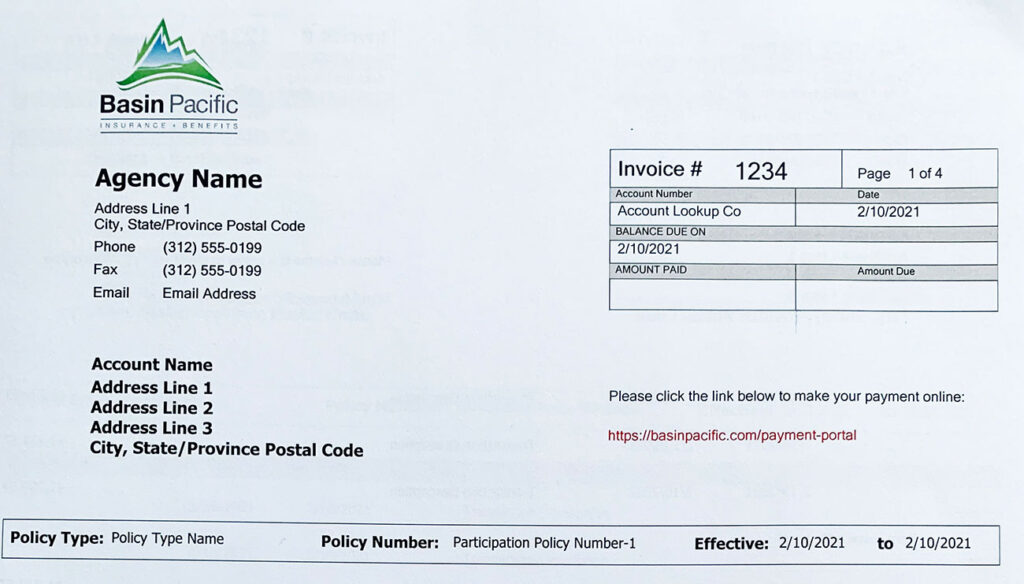Telematics insurance programs give drivers the opportunity to earn discounts based on driving behavior

As car insurance rates continue to rise, many people are looking for alternative ways to save on their monthly premiums. As a result, many drivers have recently turned to telematics technology. Also known as “usage-based” or “pay how you drive” car insurance, telematics programs offer drivers offer the opportunity to lower their rates based on their driving habits. Keep reading to see if a telematics insurance program is right for you.
What are telematics insurance programs?
Telematics programs use an in-vehicle device, or more commonly, a smartphone app monitoring system that reports the user’s driving behavior to their insurance company and adjusts their rates accordingly.
Types of data collected can include:
- Number of miles driven
- Time of day
- Where the vehicle is driven
- How often there is rapid acceleration
- Number of times hard braking occurs
- If hard cornering takes place
- If an airbag is deployed
Most insurance companies now offer telematics programs, and in a 2022 study, TransUnion found that the number of drivers who opted to try this type of program rose by 33% from the previous year

How much can be saved with a telematics program?
The average discount offered through participation in a telematics car insurance program is 20%.
However, discount rates vary by program, state, and driving behavior. According to Consumer Reports, the highest discount that drivers can expect is 30-40%.
Types of telematics programs
There are two types of telematics programs available; behavior-based programs and pay-per-mile programs.
Pay-per-mile programs adjust rates based on how often someone drives. Less driving equates to more savings. A pay-per-mile program is not beneficial for anyone driving more than 12,000 miles annually.
Behavior-based programs are based on how well someone drives. Participants use an app on their smartphone that records and scores their driving behavior for a set amount of time, typically three to six months. The discount drivers get is based on how well they drive.
Benefits and disadvantages
While many people can benefit from participating in a telematics car insurance program, they may not be right for everyone.
Pros:
- Lower car insurance rates for safe driving
- Potential to improve driving behavior based on app feedback
- Offering financial incentives for safe driving can improve overall safety on the road
- Lower rates for infrequent drivers (i.e., the elderly, or residents of larger cities)
Cons:
- Allowing an insurance company to track their behavior raises privacy concerns for many
- Some programs penalize late-night driving, a disadvantage for those who work late shifts
- While most programs only reward good driving, there are a few that will raise rates for bad driving

Other ways to save on car insurance:
Whether or not you decide that a telematics program is right for you, there are several other ways in which you may be able to save money on car insurance:
- Attend a safe driving course
- Bundle insurance policies
- Increase your deductible
- Build a good driving record
- See if you are eligible for good student discounts
- Invest in safety features
- Earn multi-car discounts
- Drive an electric car
- Look for other discounts offered by your insurance provider (i.e., loyalty discount, paid in full discount)
Think you could benefit from telematics? All the insurance carriers offered by Basin Pacific now include telematics auto insurance programs. Give your agent a call today for more details.
Should you have any questions regarding your current coverage or want further information on auto insurance offered by Basin Pacific Insurance, click here, or contact us at (509) 765-4785.

Wow, just reading the list of ways to save on insurance and near the bottom was Drive an Electric Vehicle! Who can afford one of those and why would we want one in north Idaho when even gas stations can be so far apart, I can’t imagine looking for an electric charging station. This shouldn’t even be a factor unless one lives in a largely populated area. Also, what makes drivers of EVs safer than other drivers? Sounds a bit discriminatory to me.
Hi Sheryl,
Thank you for sharing your concerns, and apologize for coming off as discriminatory. We understand that electric vehicles may not be a feasible option for everyone, especially in areas with limited charging infrastructure like North Idaho. Our intention was to provide the most comprehensive list possible on potential ways to save money on insurance- the mention of EVs was only intended as a helpful suggestion to anyone who is the market for a new vehicle.